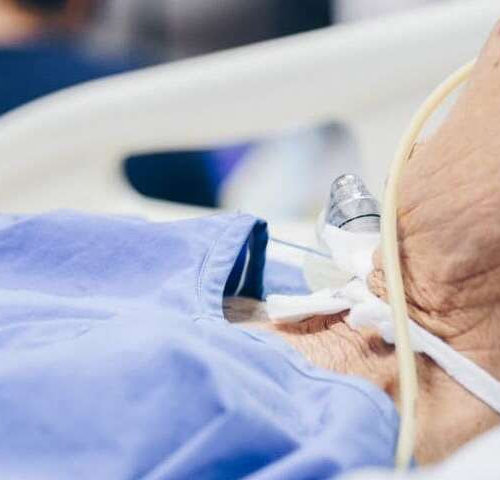by Anglia Ruskin University Credit: Pixabay/CC0 Public DomainPromising trial results indicate that a new type of cell therapy could improve the prognosis of those who are critically ill with acute respiratory distress syndrome (ARDS) resulting from severe COVID-19. The findings are published in the journal Nature Communications. Professor Justin Stebbing of Anglia Ruskin University (ARU) is...
Tag: <span>distress</span>
There was a crooked man: Scoliosis and the deep history of the brain’s inner sanctum
by John Hewitt , Medical Xpress Lurking just beneath the surface of just about every common nursery rhyme is a complex record of times long gone. For example, the “crooked man” who “laid a crooked sixpence upon a crooked style” was none other than the great 17th-century Scot General Sir Alexander Leslie. The crooked stile...
Most young people with increased suicide risk only display ‘mild to moderate’ mental distress — study
The vast majority of young people who self-harm or experience suicidal thoughts appear to have only mild or moderate mental distress, instead of more obvious symptoms associated with a diagnosable disorder, according to a new study. As such, measures to reduce suicide risk in young people should focus on the whole population, not just those...
Guideline issued for nonsevere, severe COVID-19 therapy
(HealthDay)—In an evidence-based guideline developed by an international team of physicians, pharmacists, researchers, and patients, published online April 29 in CMAJ, the journal of the Canadian Medical Association, recommendations are presented for the treatment of COVID-19. Zhikang Ye, Ph.D., from McMaster University in Hamilton, Ontario, Canada, and colleagues developed evidence-based guidelines and recommendations for treating...
Despite increase in rates of non-suicidal self-harm, few people receive medical or psychological support
Posted Yesterday A new study of non-suicidal self-harm in England, published in The Lancet Psychiatry journal, suggests that rates grew from around 2 per cent to 6 per cent of the population between 2000 and 2014. At the same time, the study noted no evidence of an increase in treatment contact for this group. Non-suicidal self-harm (NSSH) is defined as self-inflicted harm...



